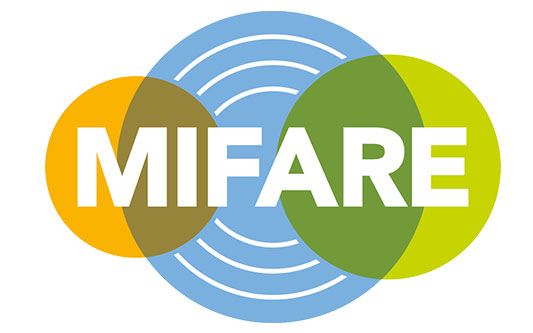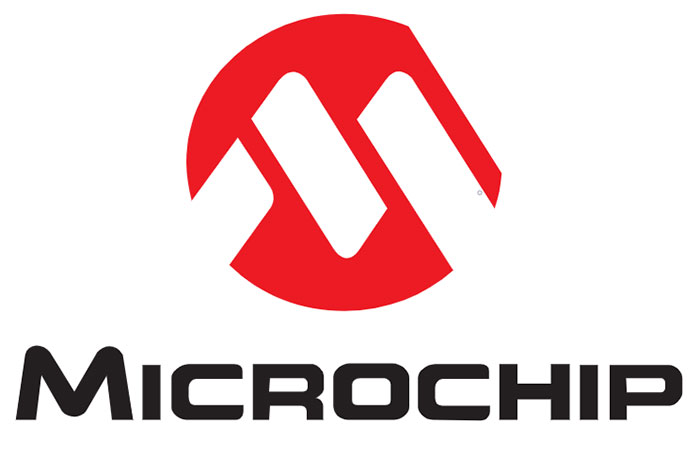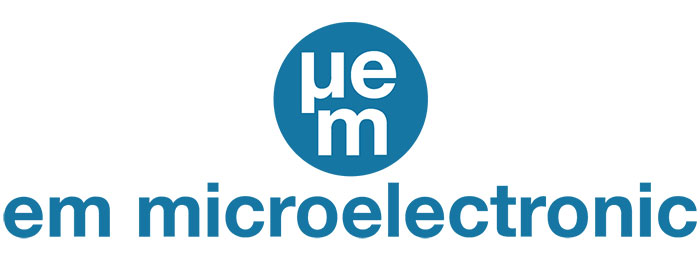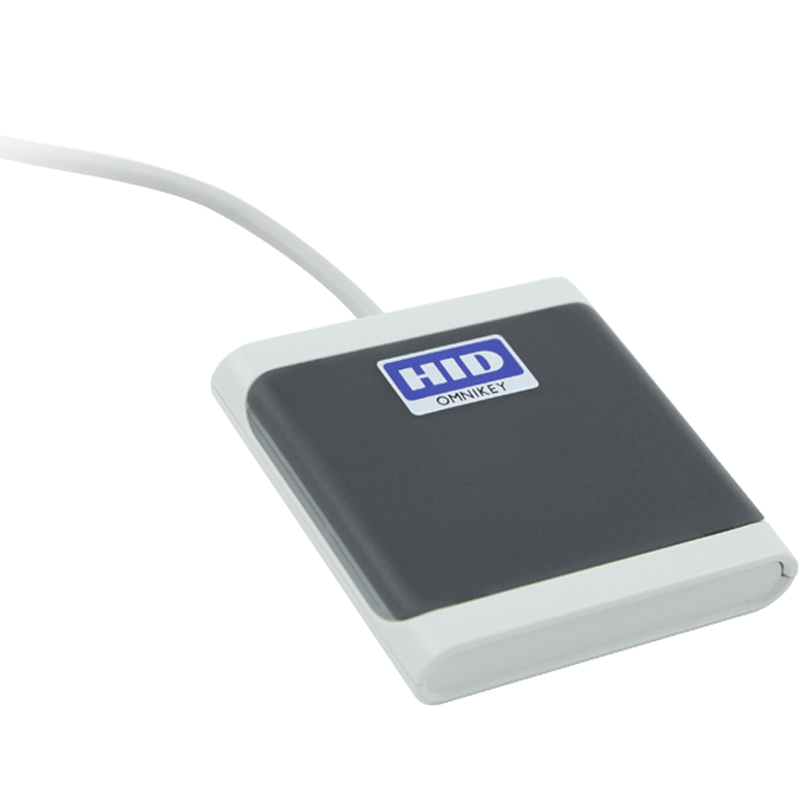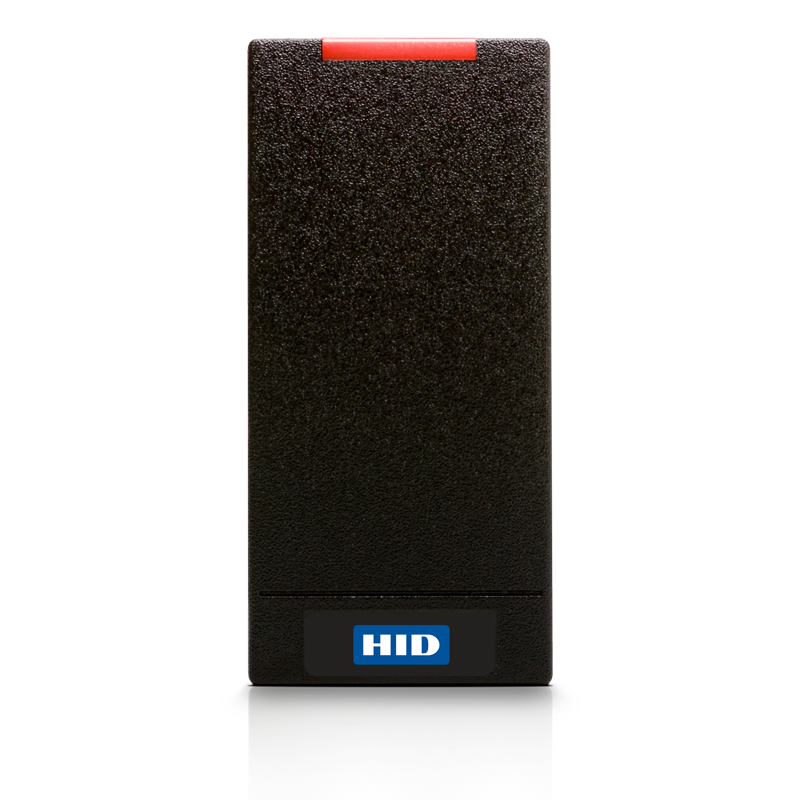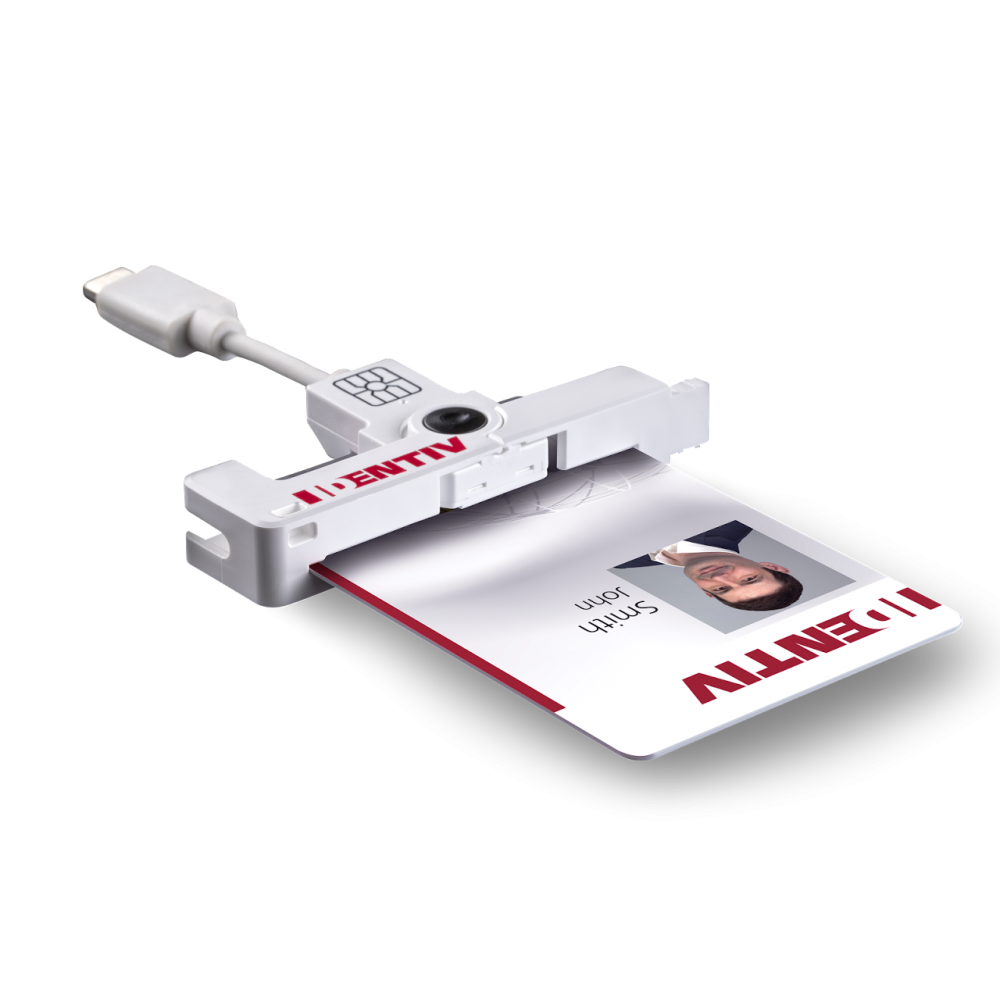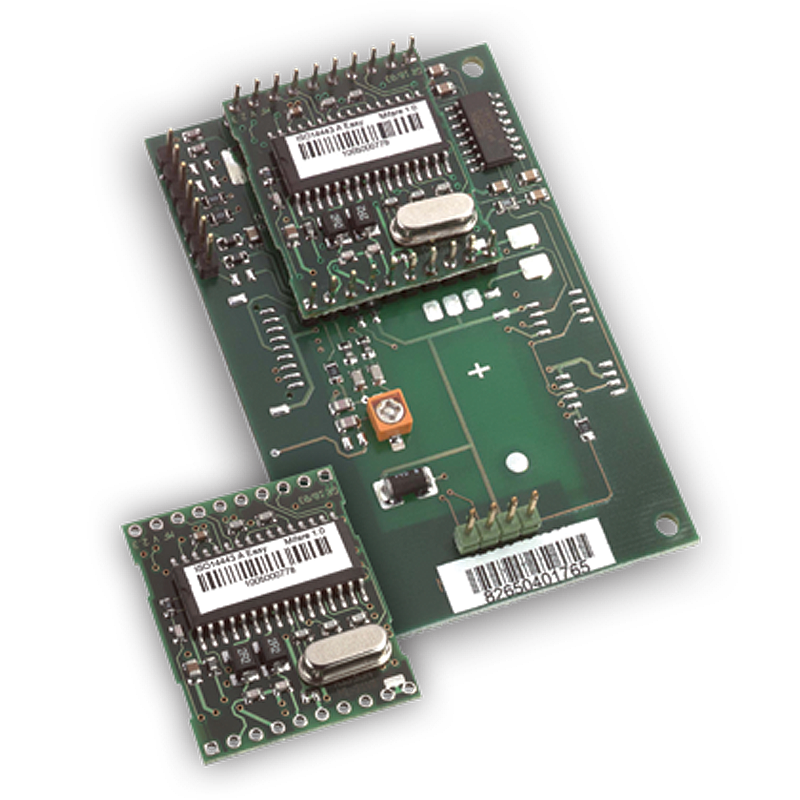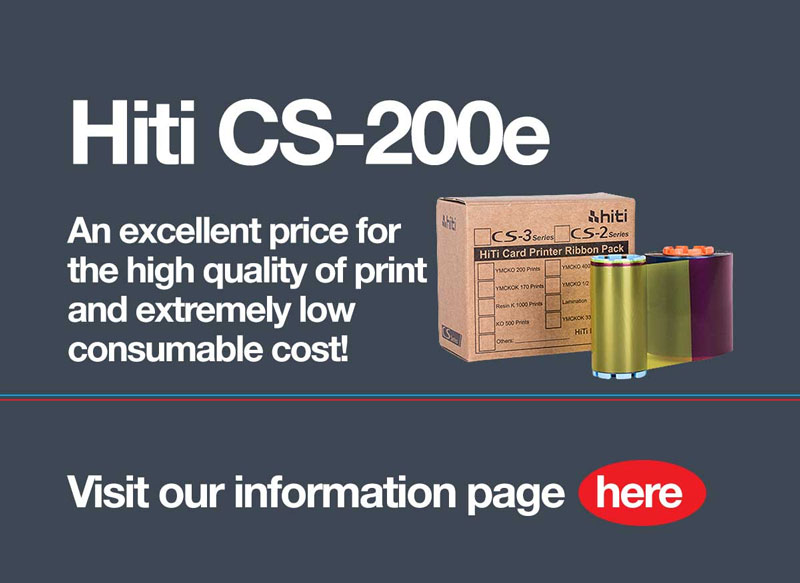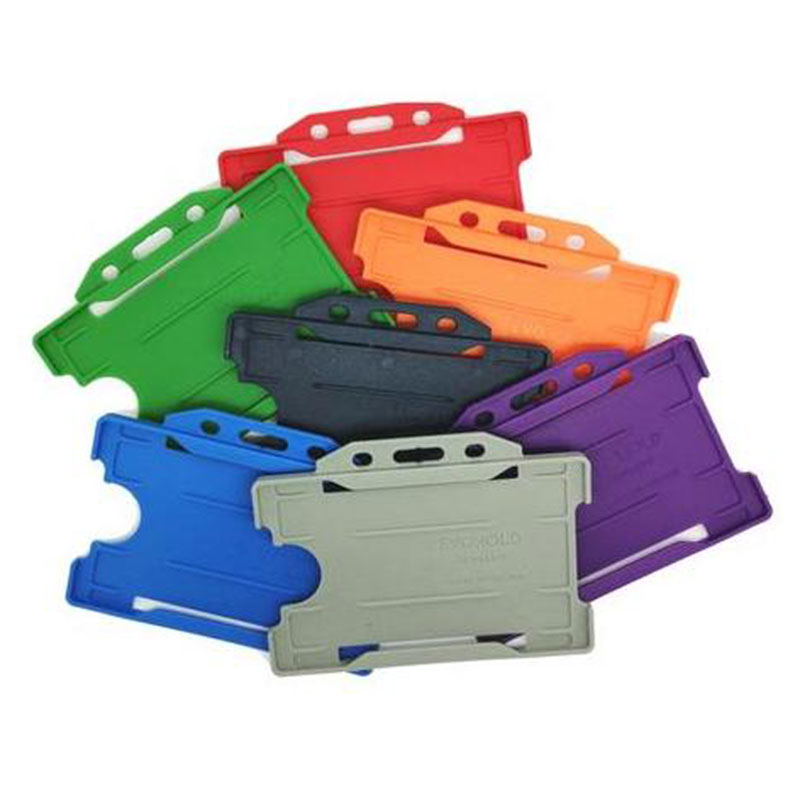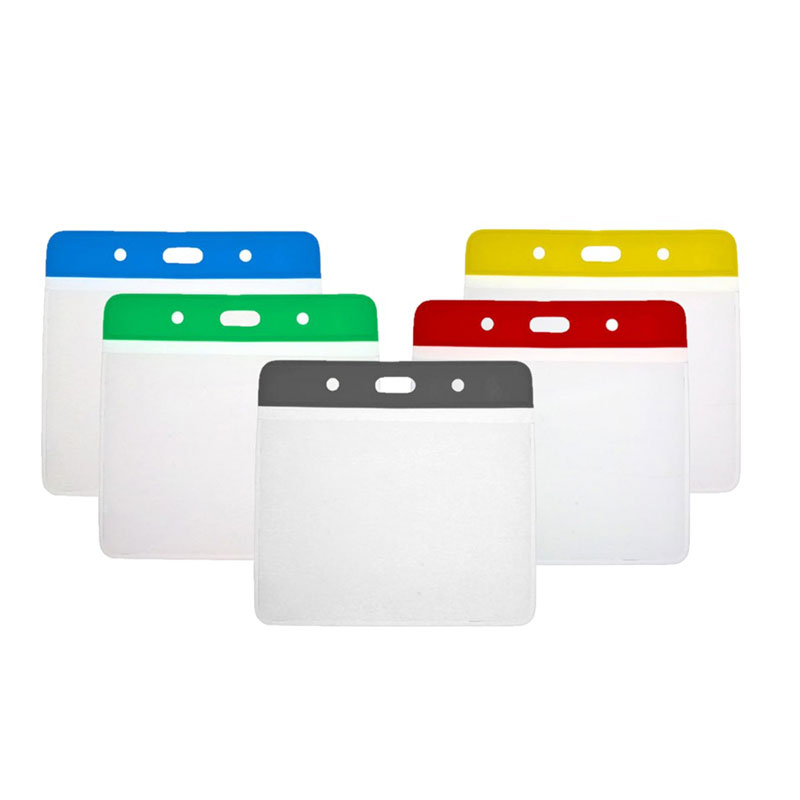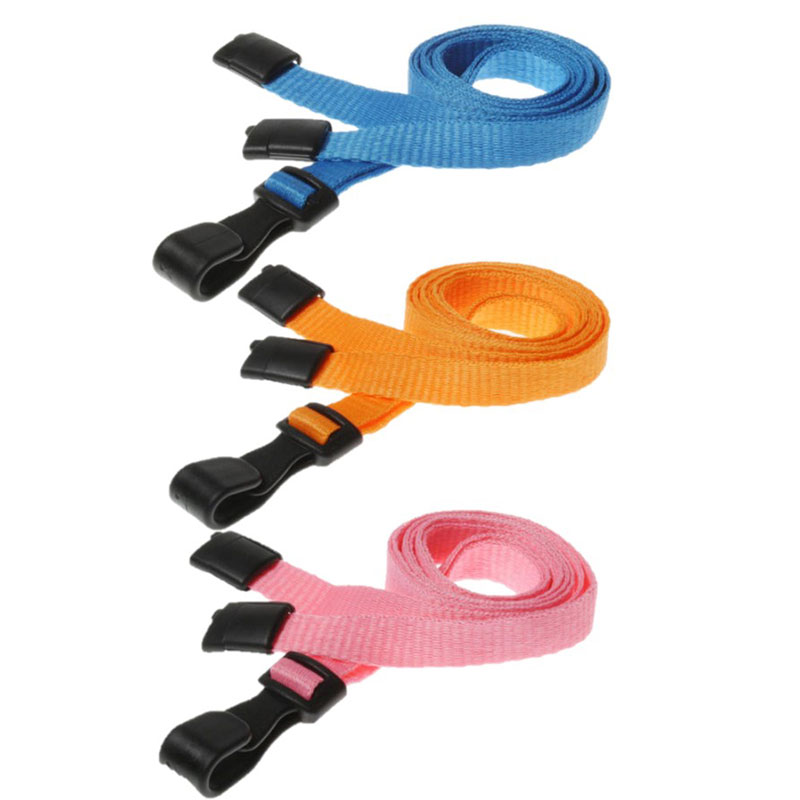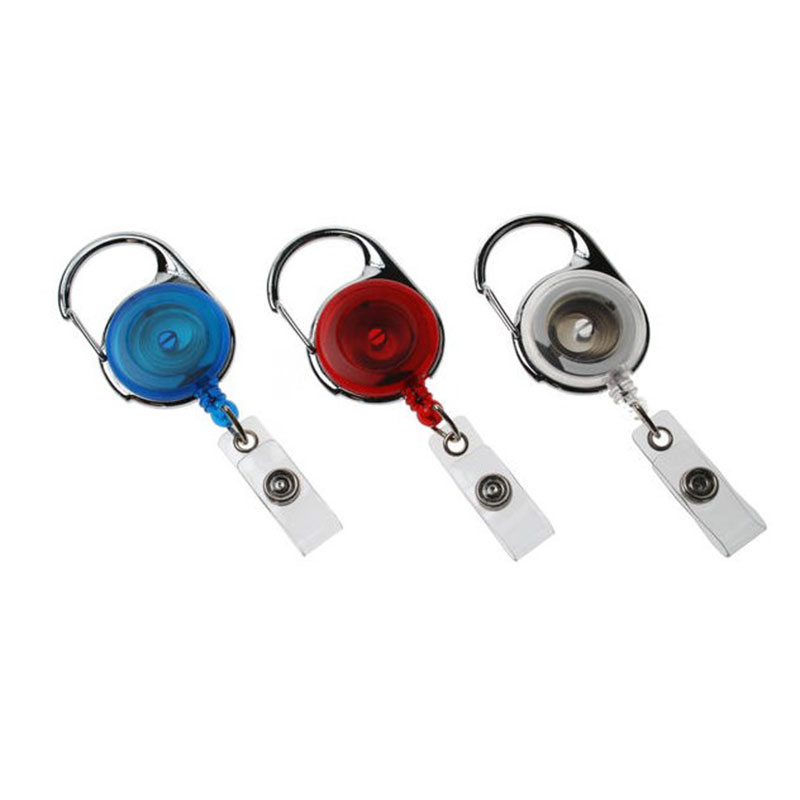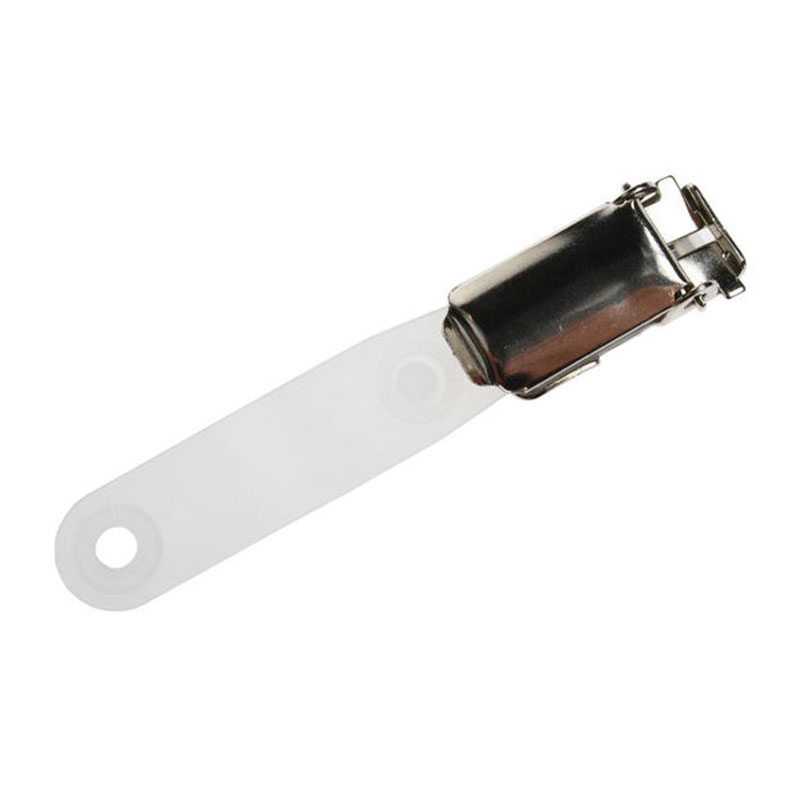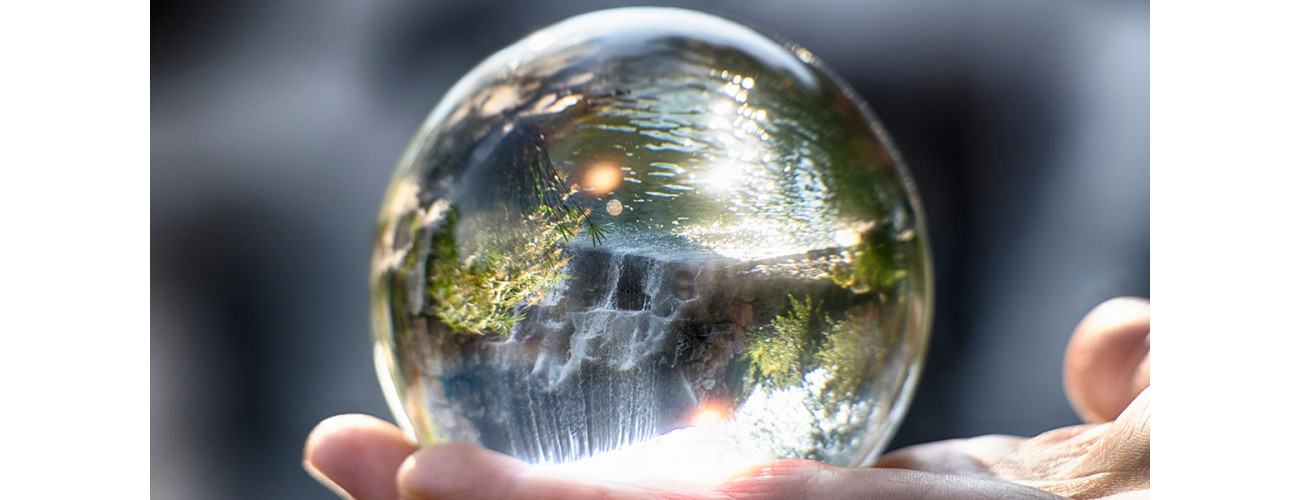
Is PVC really biodegradable? We explore the myths and the facts around this and the potential misuse of the word ‘Bio’ in our industry.
GREEN, BIODEGRADABLE, CLEAN, SUSTAINABLE. These are all key phrases used by organisations to highlight their desire to be ‘greener’. Is it a fleeting trend or for the long-term, and most importantly: do companies really care or is it purely about image and, ultimately, profitability? We may never know these answers, but we believe that it’s important to know the truth around what you’re buying. Are you really doing your bit to help save the planet and make Sir David Attenborough proud? Or are you being misled by organisations using phrases to sell products, without helping to protect our children’s future. The below is aimed at dispelling some of the myths and arming you with the facts so that you can make more informed decisions on what you buy and the impact your choices have on our world.
Bio PVC – It’s a well-known brand name, but can it really biodegrade in landfill or compost? The answer is that no material containing actual PVC plastic can ‘biodegrade’. There is a product on the market known as “BioPVC” which is a bit of a clever marketing ploy. This is not a patented product but rather ‘BioPVC’ is simply a trademark registered by a Chinese company for a standard PVC that is claimed to have ‘1% secret additive to help it degrade more quickly in landfill’. The key is that even using an additive to cause PVC to more quickly degrade does not make it ‘biodegradable’, the most that could be claimed is that it is more ‘degradable’. Batteries degrade over time, but do they do it in a ‘bio’ or ‘environmentally friendly’ way? Absolutely not, and it’s the same for standard manufactured PVC. Sure, PVC will degrade over time when in landfill or compost, but is that a good thing? Not according to the below report, so let’s look at this in a little more detail.
PVC Degradation - The environmental issue with PVC in landfills isn’t based on how quickly it degrades, it’s the opposite and just the fact that it degrades releases phthalates which are the issue.
“The "oxo-additives" are designed to accelerate the natural oxidation of polyolefins, causing an early fragmentation and the fragmentation of plastic products into microplastics. Thus the effect of these additives (if any) is merely to accelerate the conversion of macroplastics into microplastics, not solving the global problem of plastic pollution but worsening it.”
Below you’ll find a selection of links to some articles published, and how some countries have already banned the additive.
• Bio Plastics Magazine: UK associations call on government to ban oxo degradable plastics
• The Grocer: Supermarkets demand ban on ‘danger’ oxo-degradable plastics• EPI Global: What is the status of EU ban on ‘oxo-degradable plastics’?
Mis-information
The key take away here is that we have not seen any evidence that standard PVC, whether they have any ‘magic ingredients’ in them or not, can degrade without some form of negative environmental impact.
It can be seen that some countries, the US in particular, have been cracking down on false claims of plastic manufacturers and providers suggesting that they provide bio-degradable plastic for some time. Please see below for some examples of this going back as far as 2013.
• Green Chemicals Blog: FTC cracks down biodegradable plastic claims• Federal Trade Commission: FTC Cracks Down on Misleading and Unsubstantiated Environmental Marketing Claims
What are the alternatives? Are there any? In our global search we have only identified two serious alternatives that allow similar personalisation options and a lifespan closer to standard PVC.
PLA - PLA (Polylactic acid i.e cornstarch) material is manufactured from using….cornstarch, you guessed right! The benefit is that the product is completely biodegradable. Notice the word ‘bio’ in there, not just ‘degradable’. It sounds like the perfect answer, right? Wrong I’m afraid. There are two issues with this material. Firstly, cost. It is very expensive to manufacture which then makes it far less attractive when attempting to implement it in schemes where the chips are relatively low cost. If this is the case it can sometimes double the cost of the cards, which makes it much harder to justify. Secondly, lifespan. We have had experience of using this material in the past and although it does have many of the characteristics of PVC, unfortunately, the average life span in our (and our material suppliers’) experience is 6-12 months. This is clearly not feasible when implementing a scheme where you need the cards to last more than this timeframe.
Therefore, what can you do to minimize your impact on the environment? It seems that there is currently no practical way to make PVC an actual ‘green’ plastic. Therefore, while we are having to use PVC in the world, what can we do to minimize our impact?
 Recycled PVC – In our research on the subject and experience of supplying over 160 million smart devices, we believe that the absolute best way to be truly green is to use recycled PVC. The huge benefit of this is that the recycled PVC you use, removes that percentage from going into landfills and causing the harm to the environment that all PVC or ‘Bio PVC’ is seen to cause.
Recycled PVC – In our research on the subject and experience of supplying over 160 million smart devices, we believe that the absolute best way to be truly green is to use recycled PVC. The huge benefit of this is that the recycled PVC you use, removes that percentage from going into landfills and causing the harm to the environment that all PVC or ‘Bio PVC’ is seen to cause.We offer recycled PVC in all chip technologies and the great thing is that it behaves in the same way as virgin PVC, but without the environmental impact. So, you can print and personalise on it without any issues. If you're looking for blank white recycled PVC cards, without any technology, you can purchase these on our website here.
PPH - We also offer PPH (paper-based cards) which are fully biodegradable and hard wearing (although not as long life as PVC) with a very low environmental impact.
Wood - On top of this, we also offer a selection of cards made from wood. These are very hard-wearing and look extremely professional. Please click on the highlighted words to learn more about these alternative products.
However, these are still not as popular as PVC, so what’s the answer if you want a hard-wearing, long-life card? Until the elusive ‘magic ingredient’ is invented, we believe that the best way to help protect your children’s future and make Sir David proud is to seriously consider switching to recycled PVC.

